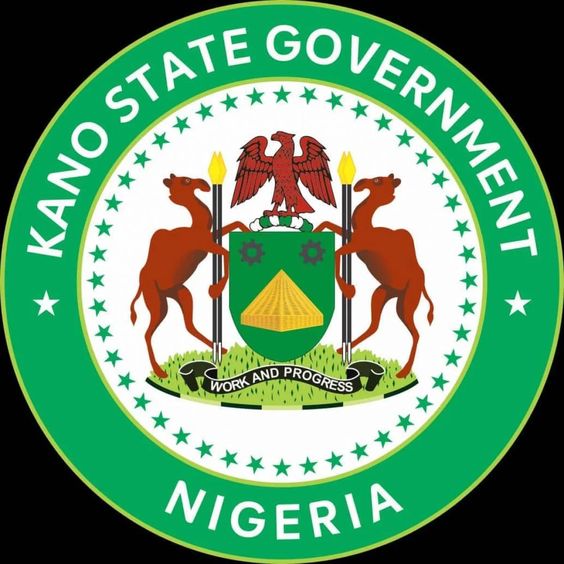Nigeria
Kano plans to construct 300 labs and 1,000 classrooms

Kano State Governor Abba Kabir Yusuf announced a state of emergency for education on Saturday, promising to hire 10,000 new teachers for the state right away.
The governor made the announcement at the Kano Government House, stressing that the state’s history of educational neglect is now in the past.
According to the governor, Kano’s educational system has devolved from being a ray of hope and opportunity for young people, as well as a model for other states to follow.
“The issues are complex; in many of our schools, there is a dearth of basic amenities like clean water and sanitary facilities, and there is a severe shortage of qualified teachers due to inadequate teacher training programmes.”
He said, “These problems create an environment where education is not just difficult, but nearly impossible, coupled with the socioeconomic challenges that many of our students face.”
Read Also: Governor backs Kano Pillars in their pursuit of the President Federation Cup
The governor announced plans to install 300 more cutting-edge labs in 100 schools throughout the state. He claimed that having these resources available will provide students practical experience with scientific investigation and promote an environment of experimentation and discovery, both of which are critical to their success in the future.
He declared that by the next academic year, 1,000 classrooms would be built around the state to improve the environment for learning.
“Without a doubt, this action will lessen the classroom congestion that has become a regular occurrence in the majority of our schools.
He added, “We have also instructed all contractors managing inherited abandoned projects in our academic institutions to return to site right away.
The governor approved the hiring of 10,000 more teachers as part of the emergency action, and he said that these instructors will receive periodic training and retraining in order to fulfil the goal of transforming every teacher into a compassionate educator.
“There will be at least 1,000 academic and non-academic staff employed in tertiary institutions,” he continued.
The determination to reform our educational system is reflected in this declaration, which is more than merely symbolic. By making infrastructure investments, we will make sure that every school has enough classrooms that are suitable for instruction and learning.
“We will also give priority to the welfare and training of teachers, understanding their critical role in forming the minds of the future.”
